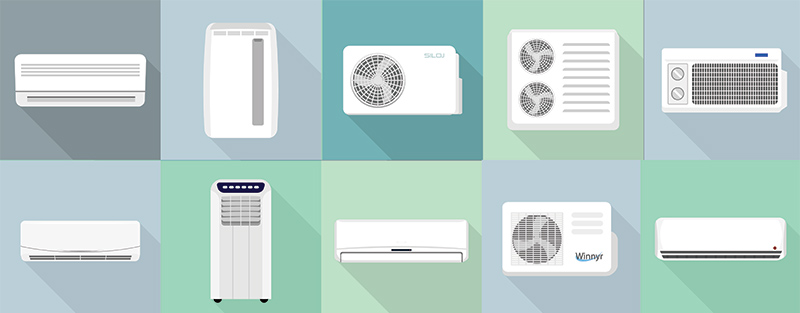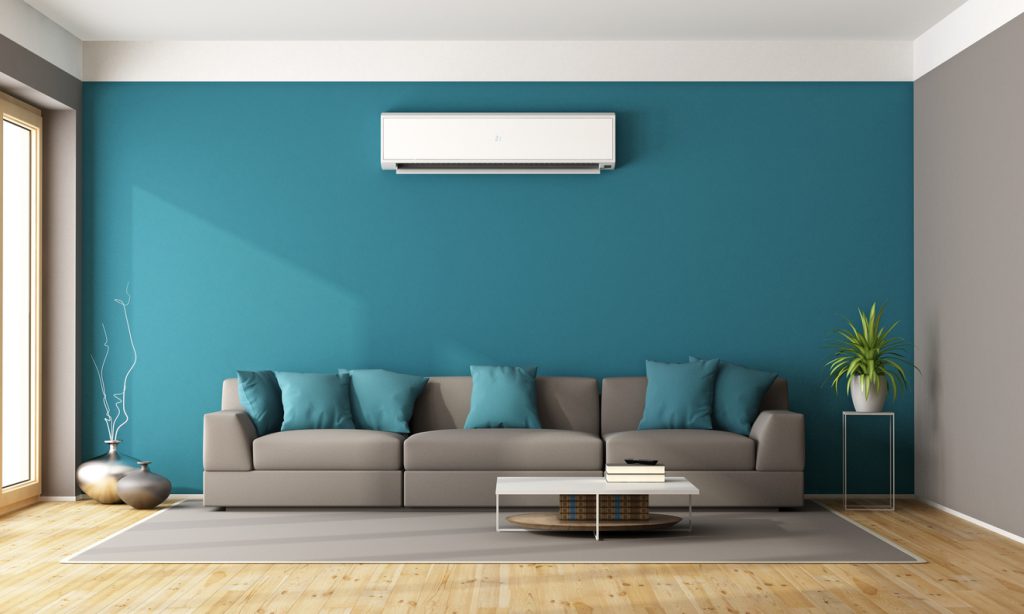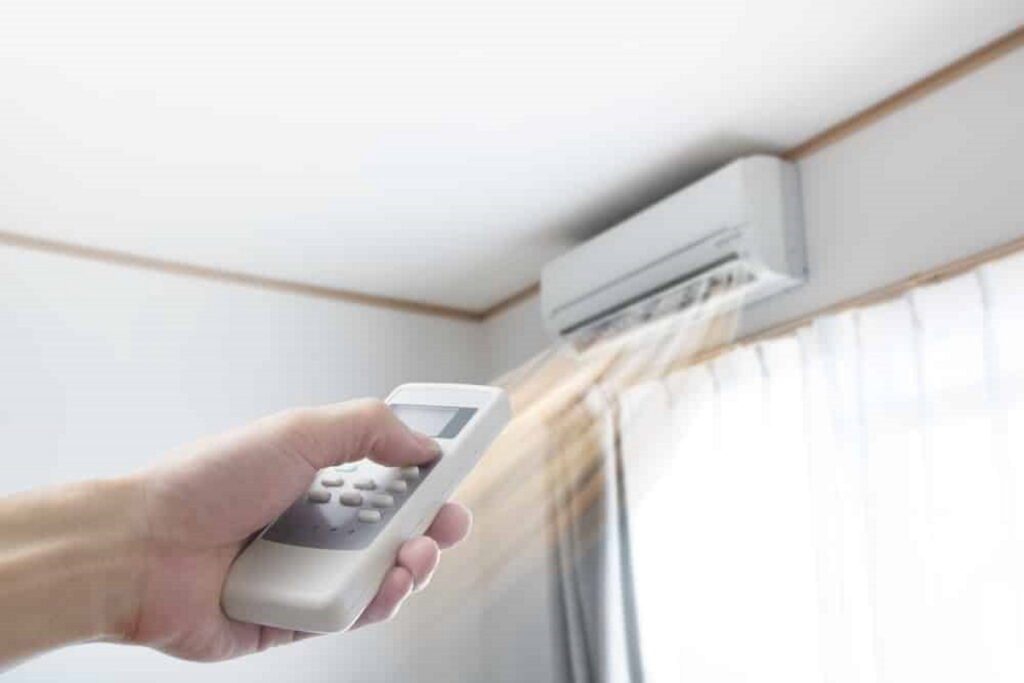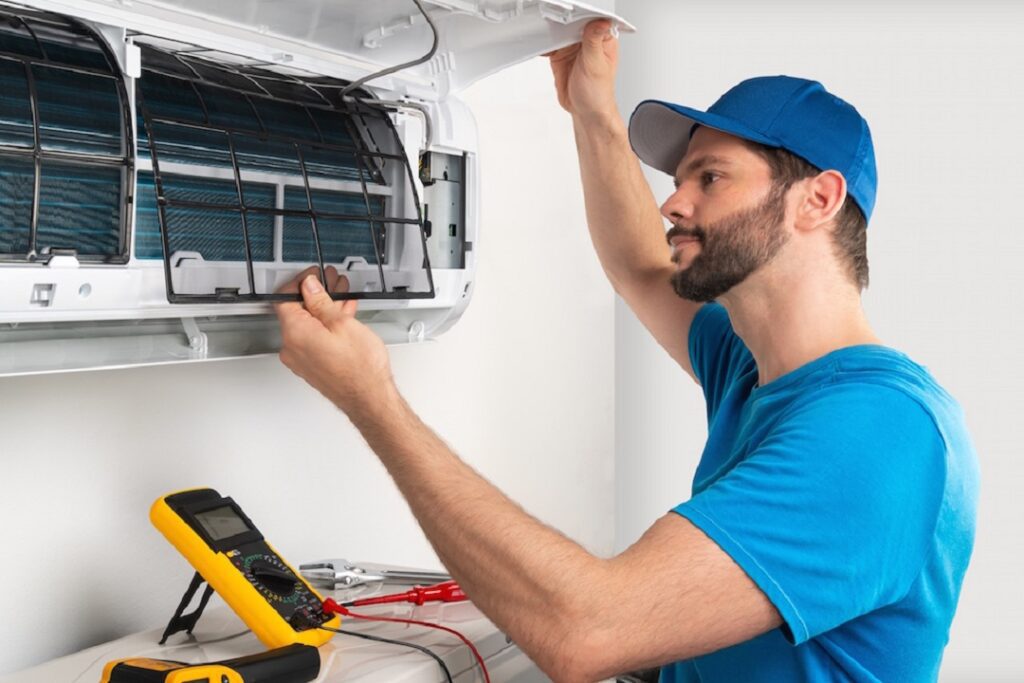With the scorching heat of the Indian summers, an air conditioner has become a necessity for many households. But as a beginner, choosing the right AC unit can be overwhelming with so many options available in the market. In this comprehensive buying guide, we will walk you through the key considerations for buying an air conditioner in India, so you can make an informed decision and stay cool all summer long.
Understanding the Basics of Air Conditioners

To start, let’s understand the basics of how air conditioners work. In India, the most common types of AC units are window units, split units, and cassette units. Window units are easy to install and budget-friendly, but may not be suitable for larger spaces. Split units are more versatile, with separate indoor and outdoor units connected by pipes, allowing for flexible installation options. Cassette units are concealed in the ceiling and provide uniform cooling, making them ideal for commercial spaces. Consider the type of AC unit that best fits your needs and space.
Determining Your Cooling Needs

Next, it’s important to determine your cooling needs based on your room size, insulation, and local weather conditions. A general rule of thumb is to choose an AC unit with a BTU (British Thermal Units) rating of 20-25 per square foot of room size. However, in the hot and humid climate of India, you may need a higher BTU rating for optimal performance. Calculate the BTU rating based on your specific requirements and ensure that the AC unit is appropriately sized for your space.
Energy Efficiency and ISEER Rating
Energy efficiency is crucial in India, where electricity costs are rising. Look for AC units with a high ISEER (Indian Seasonal Energy Efficiency Ratio) rating, as it indicates better energy efficiency. The higher the ISEER rating, the more energy-efficient the AC unit is, resulting in lower electricity bills. Consider the recommended ISEER rating for your region in India and choose an AC unit that balances performance and energy savings.
Features and Technology

Modern AC units come with various features and technologies that can enhance your comfort and convenience. For example, inverter technology adjusts the compressor speed based on the cooling requirement, resulting in energy savings and quieter operation. Air purification filters can remove dust, pollen, and other allergens from the air, which can be beneficial for individuals with respiratory issues. Humidity control features can help in reducing excess moisture during monsoons. Evaluate the features and technologies that are relevant to your needs and consider their value for your specific requirements.
Budget Considerations
Budget is a significant factor when buying an AC unit in India. The cost of an AC unit can vary based on the type, brand, size, and features. While it’s essential to stay within your budget, also consider the long-term savings from energy efficiency and maintenance costs. Cheaper AC units may save you money upfront, but they may not be energy-efficient and may require frequent repairs, resulting in higher costs in the long run. Research and compare prices of different AC units, and choose a quality unit that fits your budget and offers good value for money.
Installation and Maintenance

Professional installation is recommended for AC units in India to ensure proper performance and avoid potential risks. Look for a qualified HVAC professional who can install the AC unit according to manufacturer guidelines and local regulations. Regular maintenance is also crucial to ensure optimal performance and longevity of your AC unit. Clean the filters regularly, replace them when needed, and schedule periodic servicing. Following proper maintenance practices can help you save on energy bills and prolong the lifespan of your AC unit.
Final Words
In conclusion, buying an air conditioner can be an overwhelming process, especially for beginners in India. However, with the help of a step-by-step checklist, you can make an informed decision and find the perfect AC unit for your needs.
Starting with understanding the different types of AC units, considering the size and capacity requirements, researching and comparing different brands, evaluating the energy efficiency and ratings, and considering additional features and technologies, such as inverter technology, air purification filters, and humidity control, are important steps in the AC buying process.
It’s also crucial to keep your budget in mind and consider the long-term savings from energy efficiency and maintenance costs. Don’t forget to read customer reviews, seek recommendations from trusted sources, and check for warranty and after-sales service to ensure a smooth and satisfactory buying experience.
By following a step-by-step checklist and considering all relevant factors, you can make a well-informed decision and choose an AC unit that meets your requirements, provides optimal comfort, and offers good value for your money.
So, whether you’re a beginner or have prior experience, use this buying guide checklist to make your AC purchase in India a breeze and enjoy a comfortable and cool indoor environment for years to come! Happy AC shopping!








